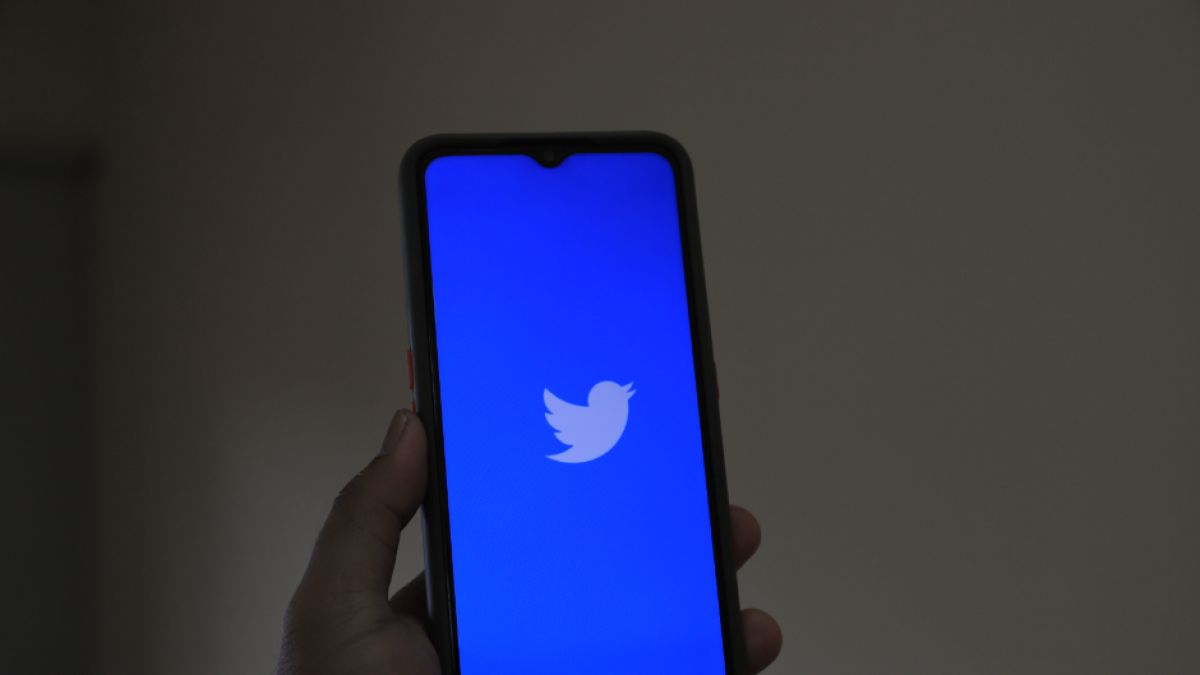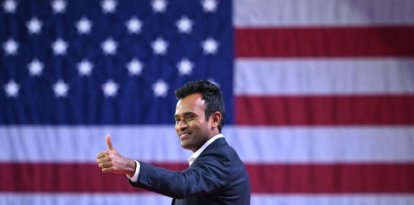Twitter Files: the social network became a 'branch office' of the FBI and intelligence services
According to the latest thread, a government agency even demanded the suspension of some 250,000 accounts.

Twitter / Pexels - greenwish _
Journalist Matt Taibbi published this year’s first installment of the Twitter Files focused on the story of how the social network "let the intelligence community in" and became the "belly button" of the FBI.
The thread began by explaining the "public relations crisis" the media company had in 2017 after becoming a target of criticism from Democrats for allegedly failing to respond to Russian influence on the platform.
The pressure led Twitter to conduct an investigation to determine the Kremlin's presence on the platform, starting with data shared by Facebook, which had already suspended around 300 accounts for Russian interference.
The social network conducted 2,500 manual reviews, yielding a result of 32 suspicious accounts. Of those, only 17 were connected to Russia, and only two had significant spending. This did not seem to satisfy either the media or the Democrats, who put even more pressure on the social network.
"As Congress threatened costly legislation, and Twitter began was subject to [sic.] more bad press fueled by the committees, the company changed its tune about the smallness of its Russia problem," Taibbi recounted, adding that shortly thereafter the company committed to collaborate with Congress.
"This cycle – threatened legislation, wedded to scare headlines pushed by congressional/intel sources, followed by Twitter caving to moderation asks – would later be formalized in partnerships with federal law enforcement," the journalist wrote.
Twitter and the FBI's "belly button"
Later, Taibbi shared another installment of the “Twitter Files” recounting that, in 2020, the platform struggled with the problem of both public and private agencies going to the media directly with lists of "suspicious accounts," a situation that worsened when COVID-19 broke out.
"The GEC flagged accounts as 'Russian personas and proxies' based on criteria like, 'Describing the Coronavirus as an engineered bioweapon,' blaming 'research conducted at the Wuhan institute,' and 'attributing the appearance of the virus to the CIA," Taibbi shared.
Yoel Roth, the former head of security at Twitter, tried to get them to consult first before sending stories to the media with suspicious accounts. However, the agency kept pushing to the point where it tried to pry into Twitter's conversations with other intelligence agencies.
"Twitter was also trying to reduce the number of agencies with access to Roth. 'If these folks are like House Homeland Committee and DHS, once we give them a direct contact with Yoel, they will want to come back to him again and again,' said policy director Carlos Monje," according to the journalist.
The situation was so worrying that Roth himself went to FBI Special Agent Elvis Chan to express his concern about the risks of the social network collaborating with the GEC.
However, Chan then assured that a one-way channel would be created only so that some agencies would be allowed access to certain information only in "listening mode.”
Gradually, Twitter began to receive more and more requests from government agencies, and the social network supposedly complied with "almost everything".
"The weeks before the election in 2020, Twitter was so confused by the various streams of incoming requests, staffers had to ask the FBI which was which," the journalist recounted, highlighting that if the social network did not act quickly, questions began to arise from the government.
Elon Musk Participates
As the new information about “old Twitter” came out, the CEO of the social network decided to highlight how shocking it is that a government agency went so far as to demand the suspension of some 250,000 accounts.
Taibbi ended his thread by highlighting that the social network was compensated for the work it did for the government but claimed that they were "underpaid."

























